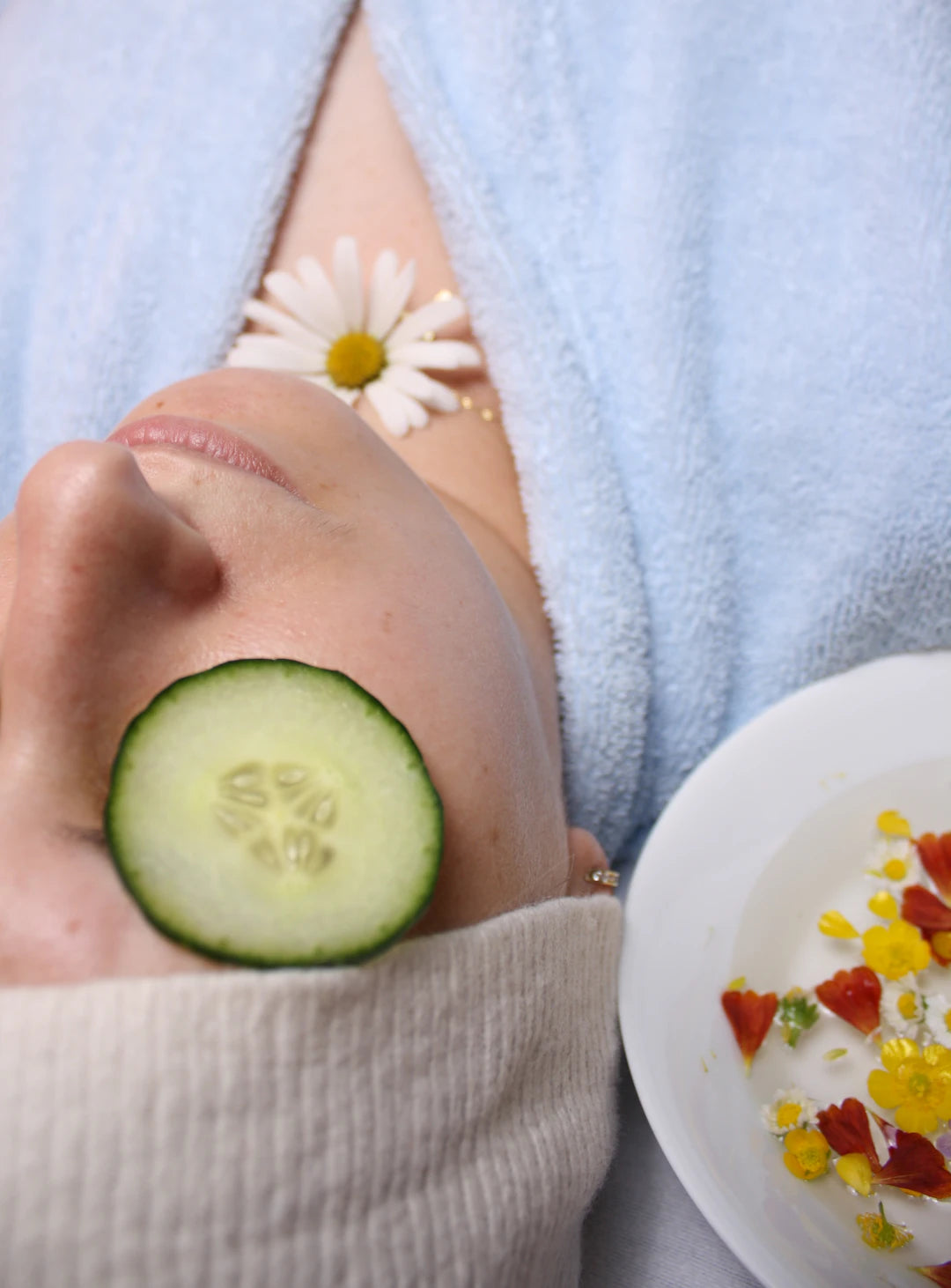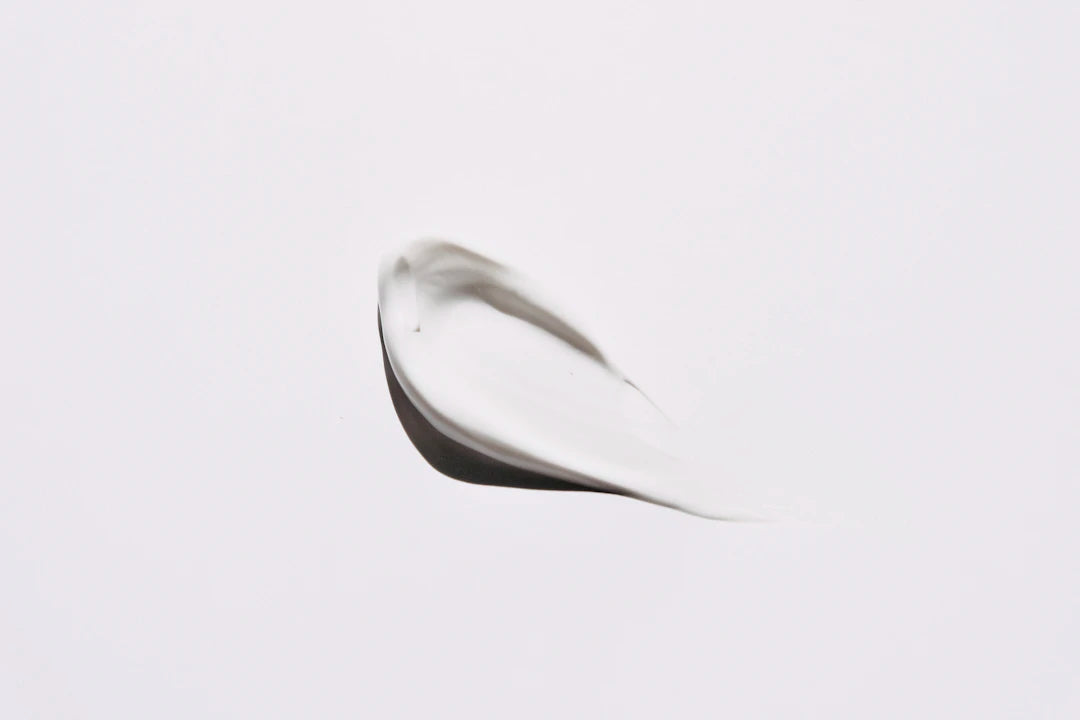Master the Art of Layering Your Skin Care Products

Frequently Asked Questions
1. Why is layering skincare products important?
2. What is the correct order for layering skincare products?
3. How long should I wait between applying layers?
4. What should I apply after using a serum in my routine?
5. What common mistakes should I avoid when layering skincare?
Layering skin care products can feel like an art form, but it's essential for maximizing the benefits of your regimen. When done correctly, layering not only enhances the efficacy of your skin care routine but also gives your skin a radiant glow. This guide will explore how to effectively layer your skin care products, ensuring you get the maximum results from your tightening skin treatment and other products.
Why Layering Matters
Layering your skin care products is more than just a beauty trend; it has quantifiable benefits for your skin. Each product in your skin care routine serves a specific purpose, such as hydration, exfoliation, or treatment. Here are some key reasons why proper layering is important:
- Enhanced Absorption: Proper layering allows your skin to fully absorb each product, improving its effectiveness.
- Targeted Treatment: Different products target different skin concerns. Layering helps you address multiple issues at once, such as dryness, blemishes, or signs of aging.
- Creating a Barrier: Layering creates an effective barrier on your skin, helping to lock in moisture and protect it from external aggressors.
Basic Guidelines for Layering Skin Care Products
To help you layer your skin care products effectively, here are some basic guidelines to follow:
1. Start with the Thinnest Formulation
Begin your skin care routine with the lightest products. Gel-based formulas, essences, or toners should always come first as they are quickly absorbed by the skin. This ensures that they can penetrate deeply before heavier products are applied.
2. Work Your Way Up to Heavier Products
Once you’ve applied the lighter products, move on to thicker formulations. This typically includes serums and creams. The general rule of thumb is to apply products from thinnest to thickest consistency to ensure each product can deliver its full benefits.
3. Allow Each Layer to Absorb
Patience is key when it comes to layering. Allow each product to absorb completely before moving on to the next one. This can take anywhere from 30 seconds to a few minutes, depending on the product's formulation. Skipping this step may lead to pilling and won’t achieve the desired results.
4. Spotlight Your Target Areas
If you are using a specific tightening skin treatment or product designed for targeted issues, now is the time to apply it. Products that require precision, like spot treatments, should be layered after the basic skincare but before any heavier moisturizers or oils. Apply directly to the problem areas for effective results.
5. Don't Forget the Eye Area
The skin around your eyes is thinner and more sensitive than the skin on the rest of your face. Make sure to use eye creams or treatments after your serums but before your moisturizer. Use your ring finger to gently tap the product in to avoid tugging at this delicate skin.
6. Lock It In with Moisturizer
Moisturizers are essential for sealing in all the products you’ve applied. A good moisturizer hydrates your skin and ensures the efficacy of your previous products is not compromised. Choose a moisturizer that suits your skin type and complements your layering technique.
7. Finish with Sunscreen
If you’re doing your skin care routine in the morning, always finish with a broad-spectrum sunscreen. This is the most crucial step in protecting your skin from harmful UV rays. Even the best tightening skin treatment won’t make a difference if your skin is damaged from sun exposure.
Understanding the Ingredients
To further enhance your layering technique, understanding the ingredients in your products can make a significant difference. Here’s a breakdown of common skincare ingredients and their roles:
- Hyaluronic Acid: A hydrating powerhouse that attracts moisture to the skin.
- Vitamin C: An antioxidant that brightens your complexion and boosts collagen production.
- Retinol: A vitamin A derivative that promotes cell turnover and tightens the skin.
- Niacinamide: Helps to reduce inflammation and uneven skin tone.
- Peptides: Amino acids that stimulate collagen production for a firmer appearance.
A Sample Skin Care Routine
Let’s put all of this information into practice with a sample skin care routine:
Morning Routine
- Cleanser: Start your day with a gentle cleanser to remove any overnight impurities.
- Toner/Essence: Use a hydrating toner or essence to prep your skin.
- Serum: Apply a vitamin C serum to brighten your skin.
- Tightening Skin Treatment: If applicable, apply your tightening treatment at this point.
- Moisturizer: Use a lightweight moisturizer to keep hydration locked in.
- Sunscreen: End with a broad-spectrum SPF 30 or higher.
Evening Routine
- Cleanser: Remove the day's makeup and impurities with a cleanser.
- Toner/Essence: Prep your skin with a toner or essence after cleansing.
- Serum: Use a hydrating serum, perhaps containing hyaluronic acid.
- Tightening Skin Treatment: Apply your tightening treatment for maximum results while you sleep.
- Eye Cream: Gently dab eye cream around your eyes.
- Moisturizer: Apply a richer moisturizer to nourish your skin overnight.
The Importance of Consistency
No matter how perfectly you layer your skin care products, consistency is key. Committing to a daily skin care routine will yield better results over time. Skin transformation does not happen overnight, but with careful daily attention, you’ll start to notice significant improvements in your skin’s texture, tone, and overall health.
Common Mistakes to Avoid
As you begin layering, here are some common pitfalls to avoid:
- Skipping Sunscreen: Never skip sunscreen during the day, as it protects against skin damage.
- Mixing Incompatible Ingredients: Be mindful of combining potent ingredients like retinol and vitamin C, which can counteract each other.
- Overloading Your Skin: Less is often more. Using too many products can overwhelm your skin and cause irritation.
Your Skin Deserves the Best
In the world of skincare, mastering the technique of layering can be a game changer. It promotes skin health, maximizes product efficacy, and ultimately enhances your natural beauty. Stick to a consistent skin care routine, layer thoughtfully, and in time, you’ll see fantastic results. Remember, beautiful skin is just a few thoughtful layers away!


